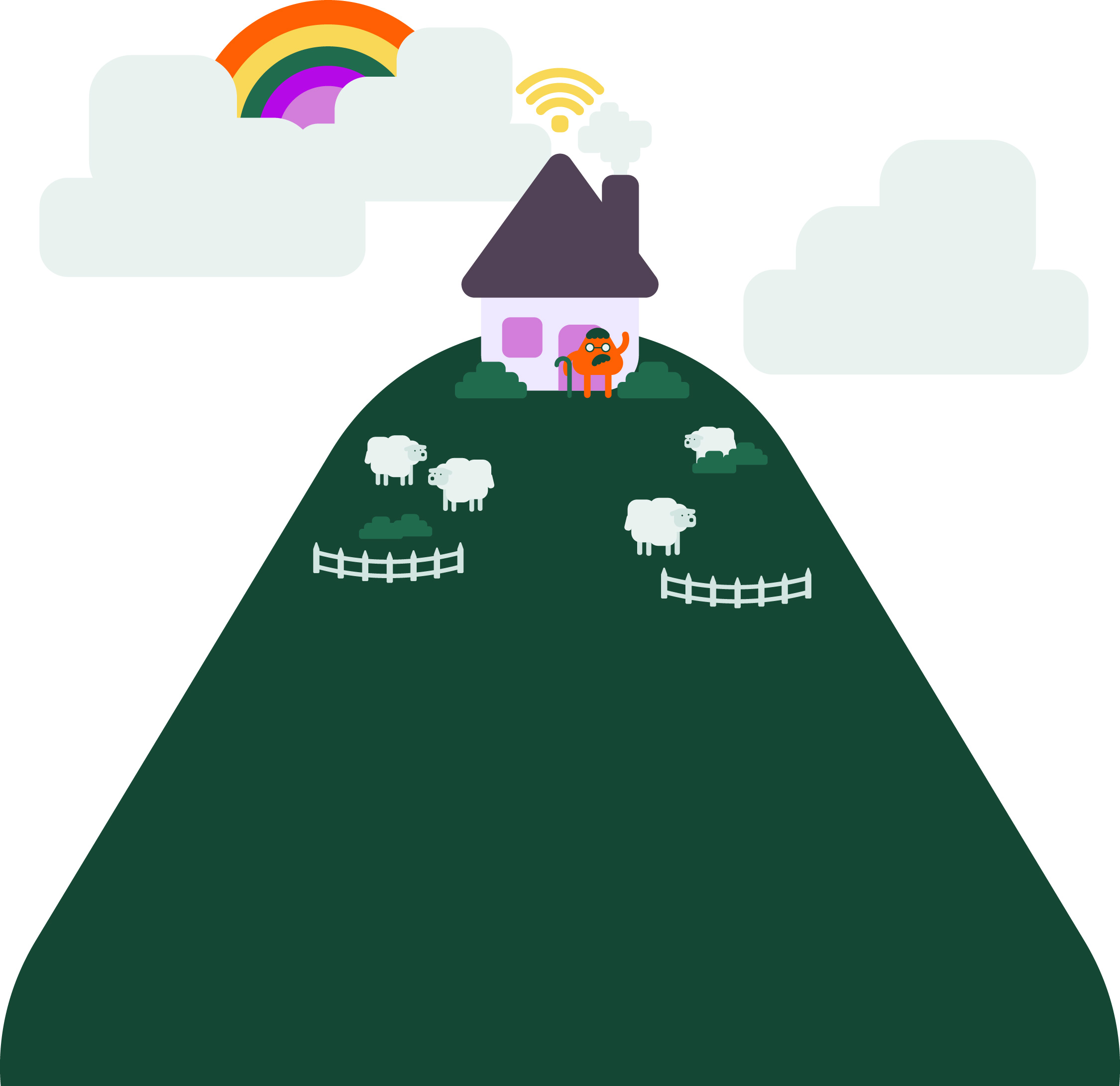Being in the countryside often means having to sacrifice super-fast internet for a slow and unreliable connection. Here at Positive, we don’t think this has to be the case.
We all love the countryside, right? Whether that be out in remote rolling hills of verdant green, or the thick mist of forest trees, or perhaps a fisherman’s shack by the rocky shore. It’s that feeling of serene seclusion, the calm and the quiet, the open space. You’ve chosen the life of quiet tranquillity, and it feels good. But being remote shouldn’t mean feeling isolated. Not in this modern world. Technology has advanced to the point that we can choose the clean quiet of the rural life, while still being connected.
Or at least you would think it should have by now… The truth is, though we’re a lightyear away from the wild and remote isolation of the moors in Wuthering Heights, the poor quality of rural internet still has us feeling like Cathy, banging on Heathcliff’s window. Locked out. In the cold. But why exactly is that? Why in this modern world of super-fast fibre technology, virtual reality, and artificial intelligence, is rural internet still so rubbish? Have they forgotten about us? Who has the answers?! Well… we do. That’s why you’re here right? Let’s break it down.

The Current State of Rural Internet
Ofcom have concluded from a research on the quality of rural broadband, that internet speeds in rural areas are less than a third of those in urban areas. Ofcom also found that, while internet speeds in urban areas have been improving incrementally over time, speeds for rural users have more or less been stuck at a standstill, failing to improve or increase in speed. One 2017 report found that 75% of rural households are still stuck with connections of 10Mb or slower. To put that in perspective, Ofcom suggest that 10Mb is the absolute minimum needed for an “acceptable” user experience. Now, considering that in Wales, where the population is largely rural, 18,000 properties report that they are still without decent broadband, that minimum doesn’t sound quite acceptable enough…
While surveys in more remote areas of the UK suggest that users are experiencing speeds of less than 2Mb, making ostensibly easy activities like streaming a mythic task.
The dire quality of broadband in the UK becomes even more apparent when looking at the results European Commission’s Digital Progress Report, who found that while just 45.9% of the UK’s rural homes have access to superfast broadband, that same figure is an unbelievable 97% in The Netherlands, and 89% in Switzerland.
Clearly, things aren’t good enough for rural homes in the UK. So, why is it such a problem?
Why Is Rural Broadband So Bad in the UK?
The key factor at the root of the UK’s rural broadband issue is infrastructure, or, more precisely, the lack thereof.
A majority of people in the UK get at least a part of their broadband connection delivered through a copper telephone network. In fact, even most fibre broadband services in the UK are only part fibre. The longer your connection is forced to travel over copper lines, the slower it’s going to get. So, the further you are from your local internet source, the slower the connection will be.
Now, in the denser demographics of towns and cities, this won’t usually be such a problem, as those distances are often very short. However, in sparse rural areas, this is very rarely the case. Instead, there’s typically a smaller physical internet infrastructure, more remote housing, smaller populations, and more space. These kinds of rural areas are also usually prone to neglect when it comes to technological upgrades. Forgotten about in the immense focus on ever-growing cities.
It can also be physically difficult to lay fibre cables in rural areas, as they tend to be populated with farmland and natural obstructions like lakes, streams, hills, and, especially in Wales, mountains, making the instalment of cables very difficult. And because of that, the infrastructure that is available tends to be old and hasn’t been upgraded in some time due to cost and difficulty.
Combine all that and you’ve got old and minimal infrastructure, with a sparse population that isn’t generally considered as an urgent focus for upgrades because of cost, difficulty, and the fact that the population is generally low compared to cities and towns. However, this could be changing.
What Can You Do About Your Slow Rural Internet?
The answer to this one isn’t likely to inspire much optimism. See, the problem with having infrastructure be the inhibiting factor is that there isn’t a great deal that can be done on the part of the individual. Well, unless you’ve got a fair few pounds to spare that is. See, you can get a fibre line installed with certain providers. However, this could cost you well over £1,000. Not ideal.
The Future of Rural Internet – The Welsh Government Broadband Grant
You would think, with the way the professional landscape has shifted in the UK over the last year-an-a-half, that this issue would have been addressed. Well, you’re bang on! With around 30% of Welsh employees now working remotely, and as more workers make the decision to move out of urban areas with their newfound remote working freedom, the Welsh Government has been making a concerted effort to assure that this contemporary remote workforce has the infrastructure necessary to see out their daily duties from the comfort and safety of their homes. It has also been suggested that this new employment could also see a rise in remote-run businesses, meaning that quality broadband connection in rural areas will surely be a necessity in the near future.
The Welsh Government are giving Welsh residents a chance to upgrade their internet connection with a grant worth up to £800 in covering their installation costs. By doing so, this will help cover a huge deal of the cost of fibre installation, eliminating much of the problem raised by leaving to much financial onus on the individual. We hope that this will be just the start of a bright new future of connectivity in rural areas, as infrastructure begins to make leaps forward to match the increased need facilitated by a modern rural workforce.

How Positive is Helping to Bring Better Broadband to Rural Wales
Here at Positive, we’ve taken note of the ways in which rural communities in Wales have been formerly being left behind in the fast transition toward remote working, and, along with the Welsh Government, we’re hoping to inspire a change. With the help of the government broadband grant, and the kickstart scheme, we’re expanding our reach into the consumer market, with a talented creative marketing and technical team sourced straight out of the government scheme. These schemes are allowing us to move towards our mission of providing fast and reliable internet to every home and business in South West Wales by 2030. Our vision is of a future where every home and business in South West Wales is all-ways connected so that local communities don’t get left behind, they thrive. This means addressing and changing the perception of rural internet so that hopefully nobody has to ever search for the title of this blog post ever again!
So, make sure to head to our Get Started page now to see how much you could save on a better broadband installation. The future looks bright for rural internet users, and you could have that future today. At Positive, we guarantee to provide you with the fastest and most reliable internet for your area. Now you know why rural internet is so slow, here’s your opportunity to do something about. So, what are you waiting for? Sign up to Positive now and never worry about rural internet again.



